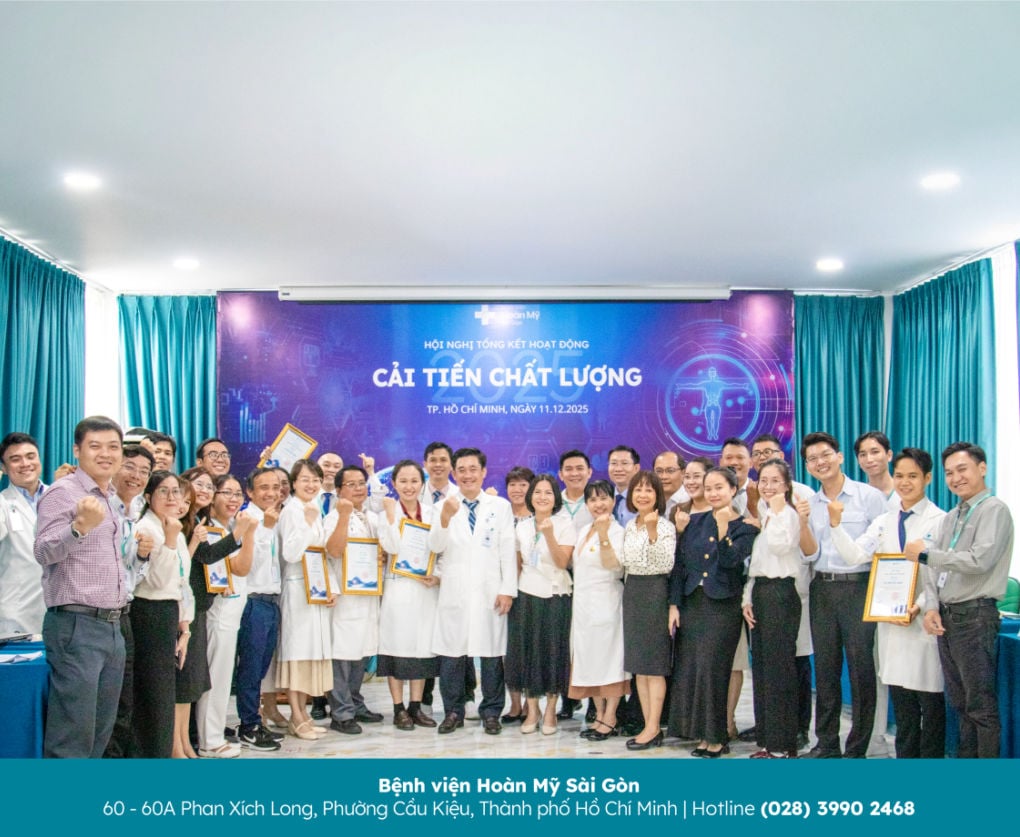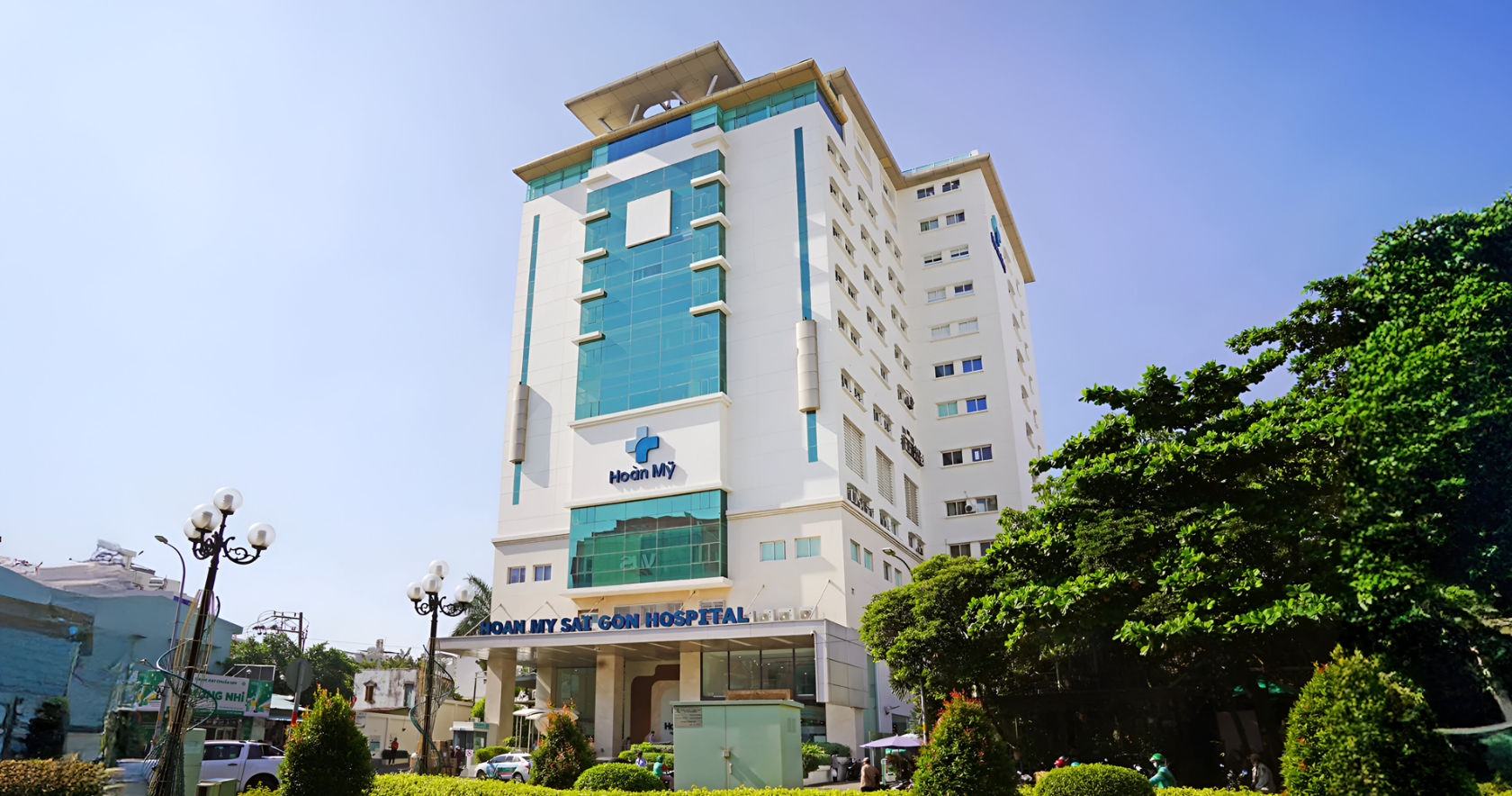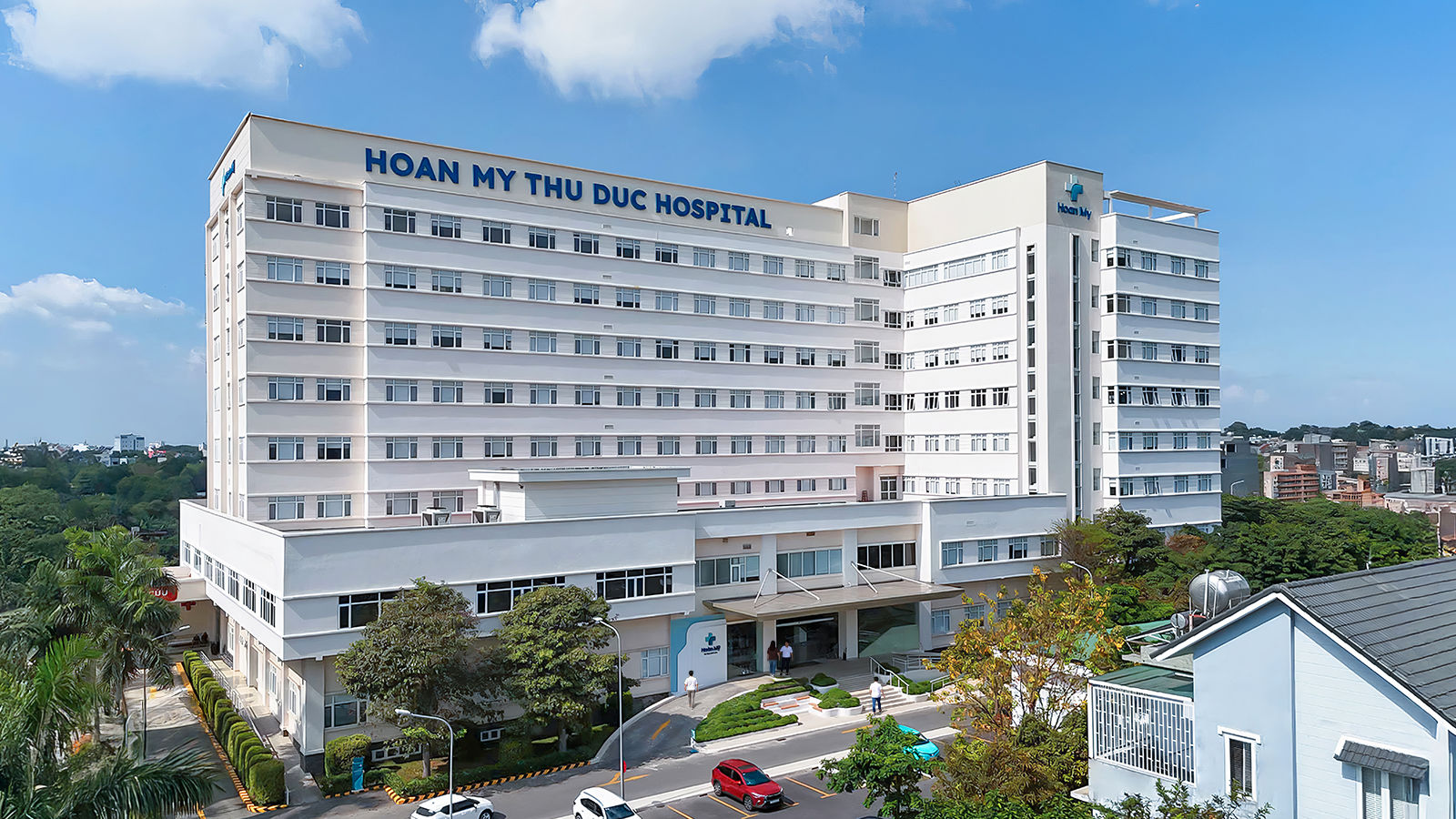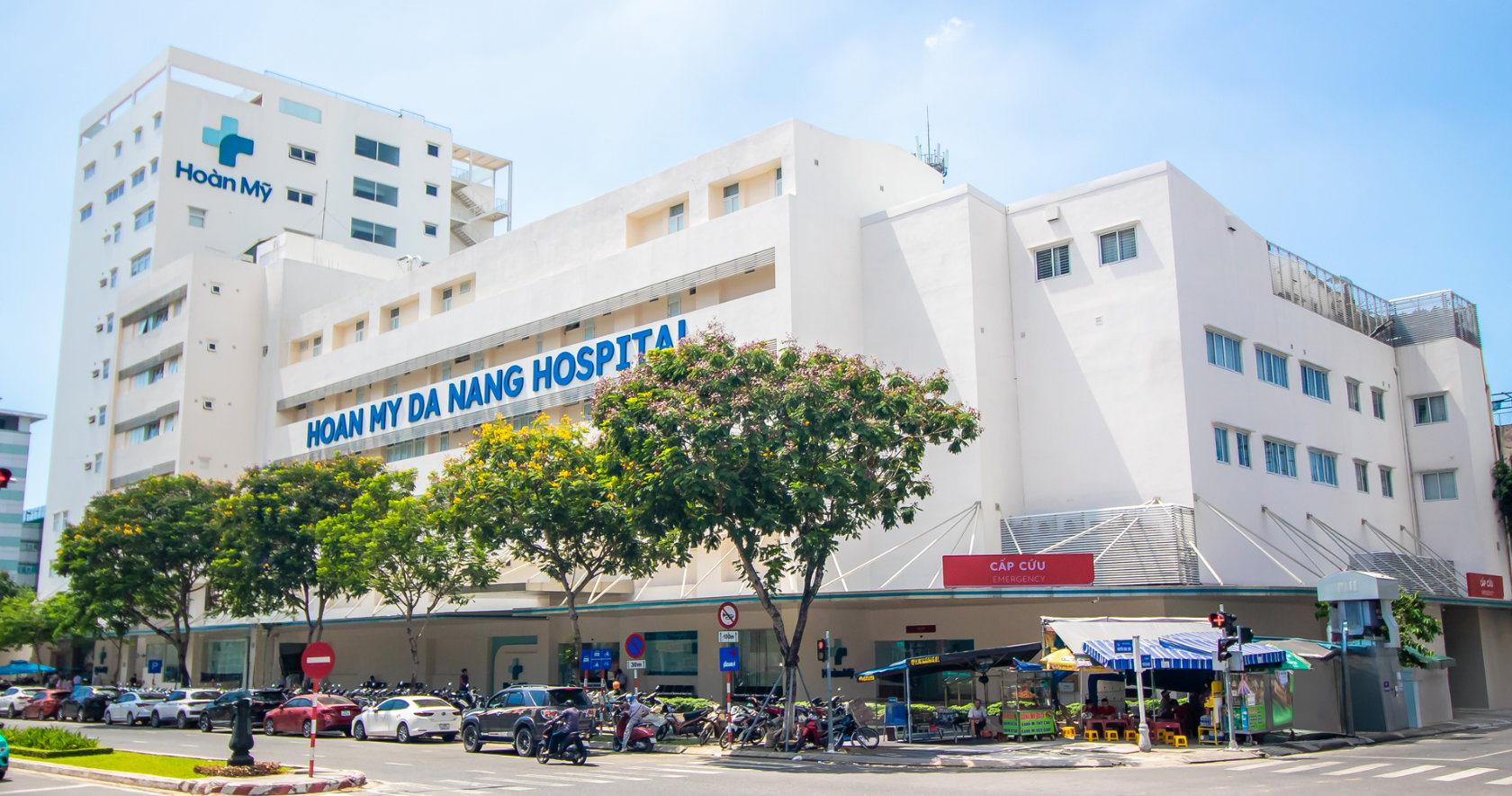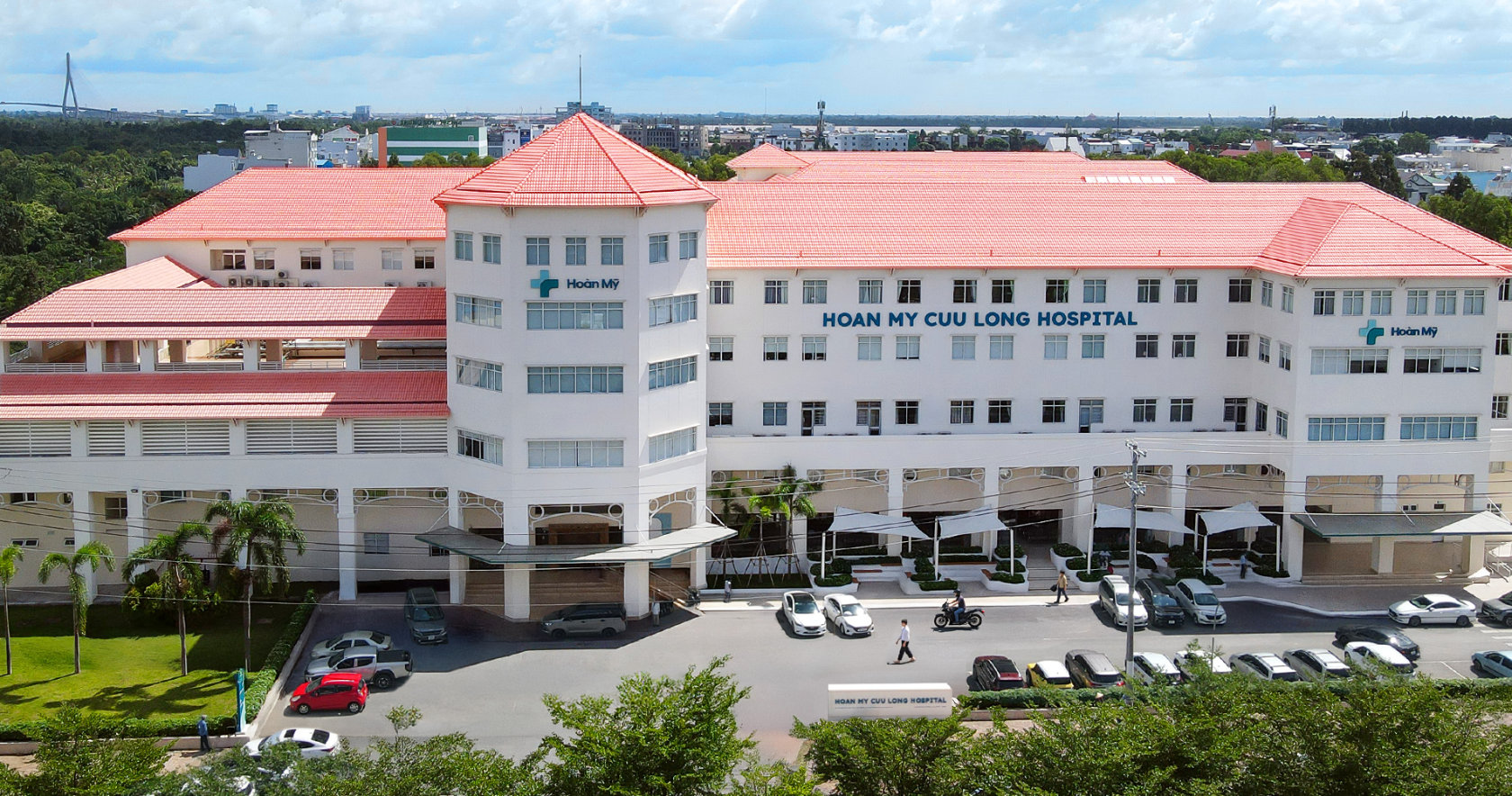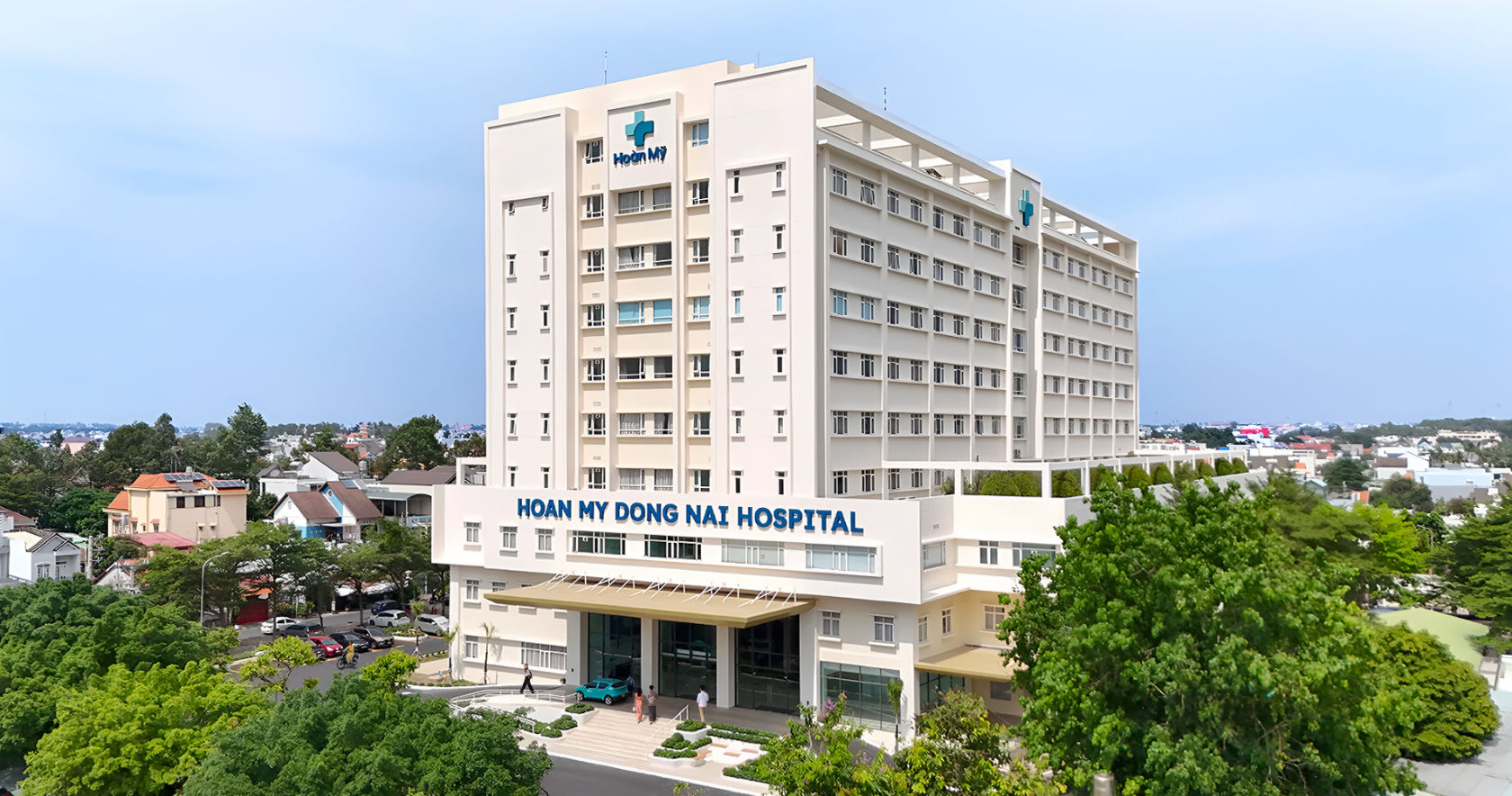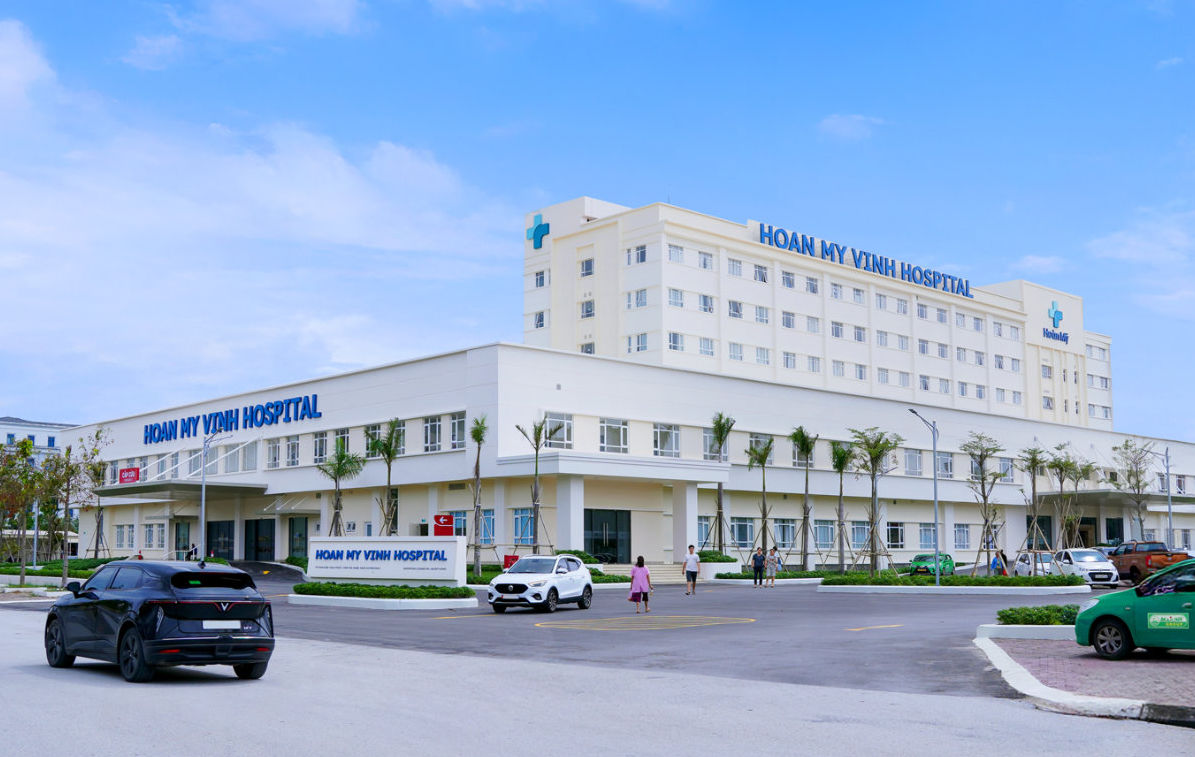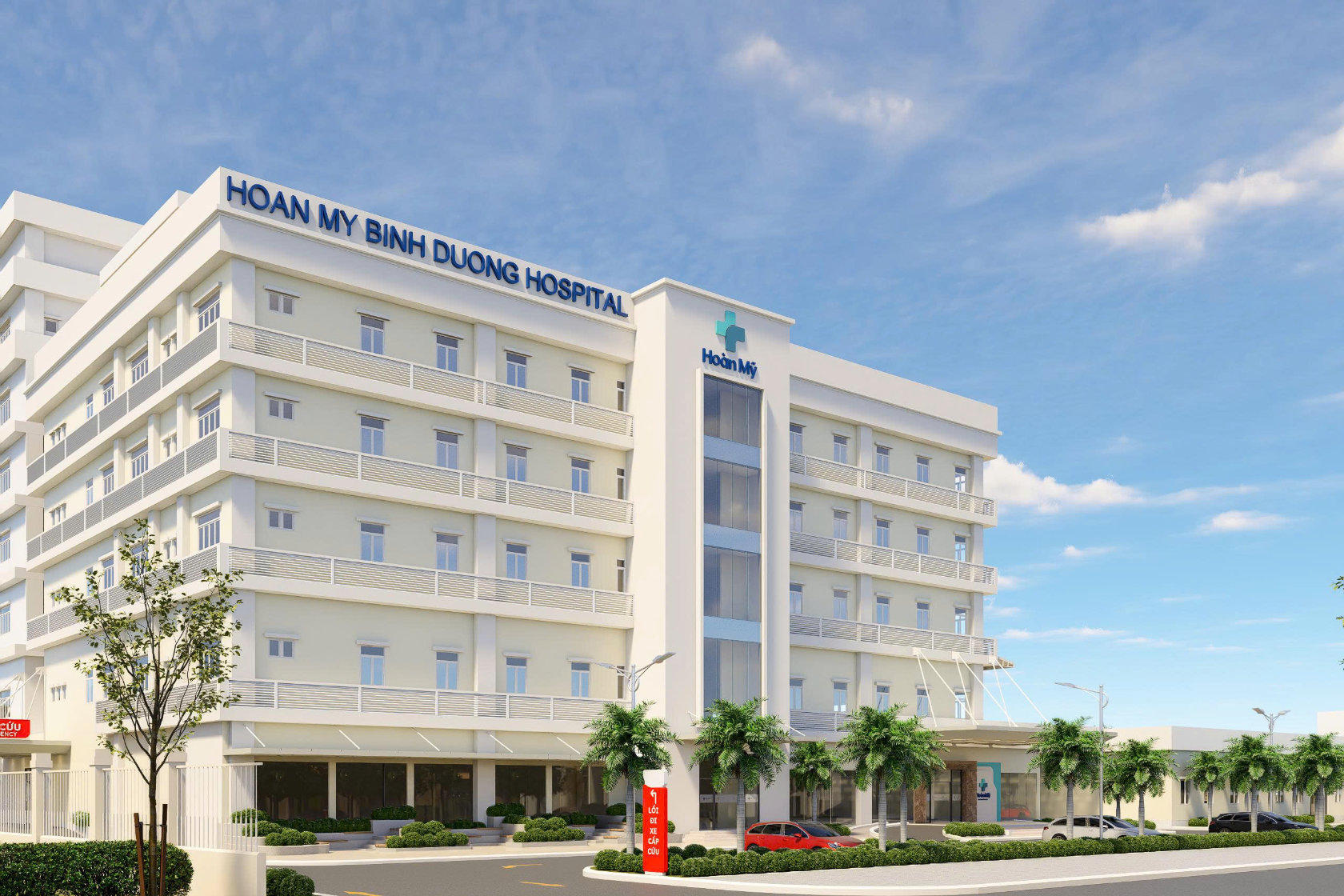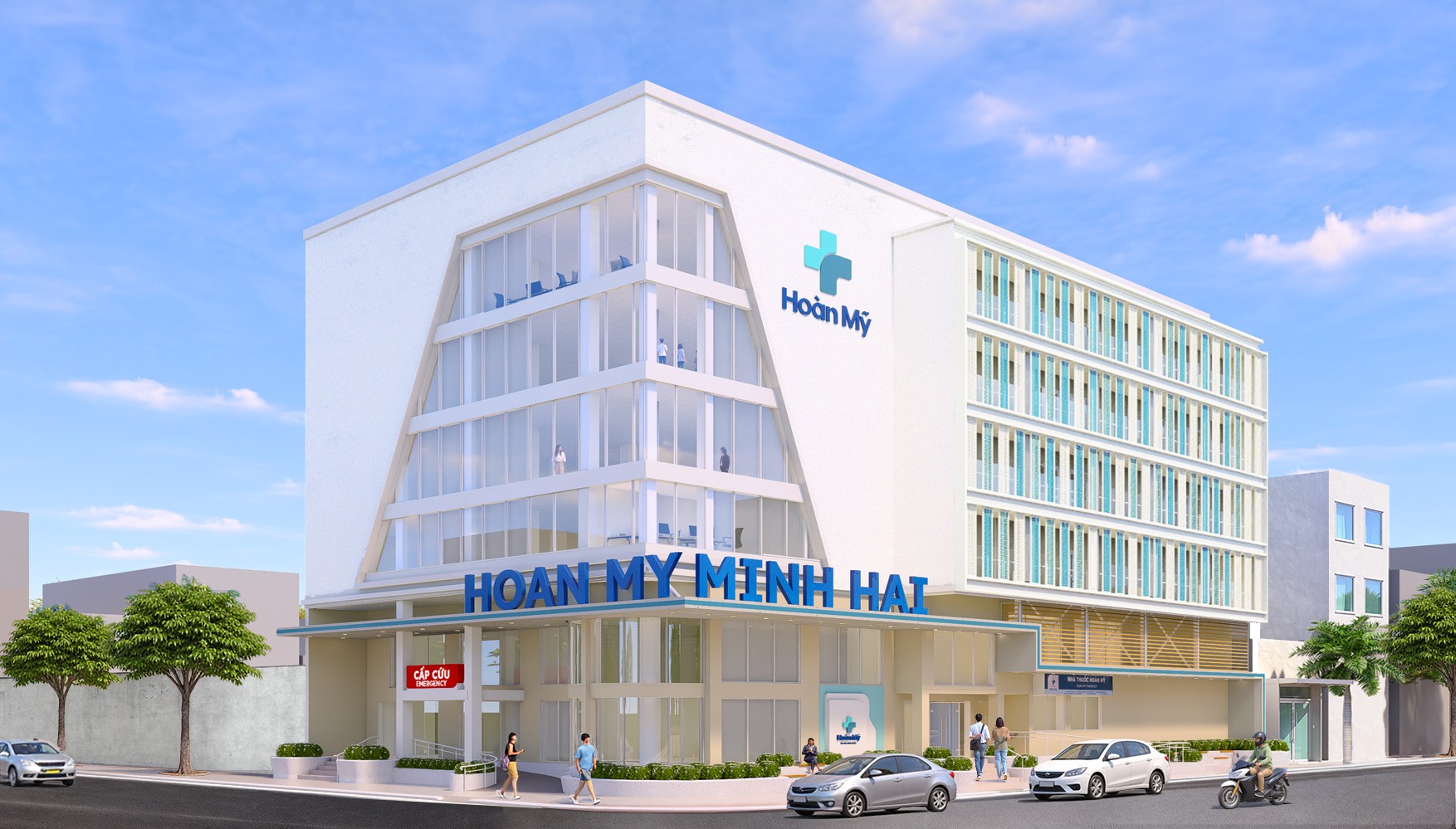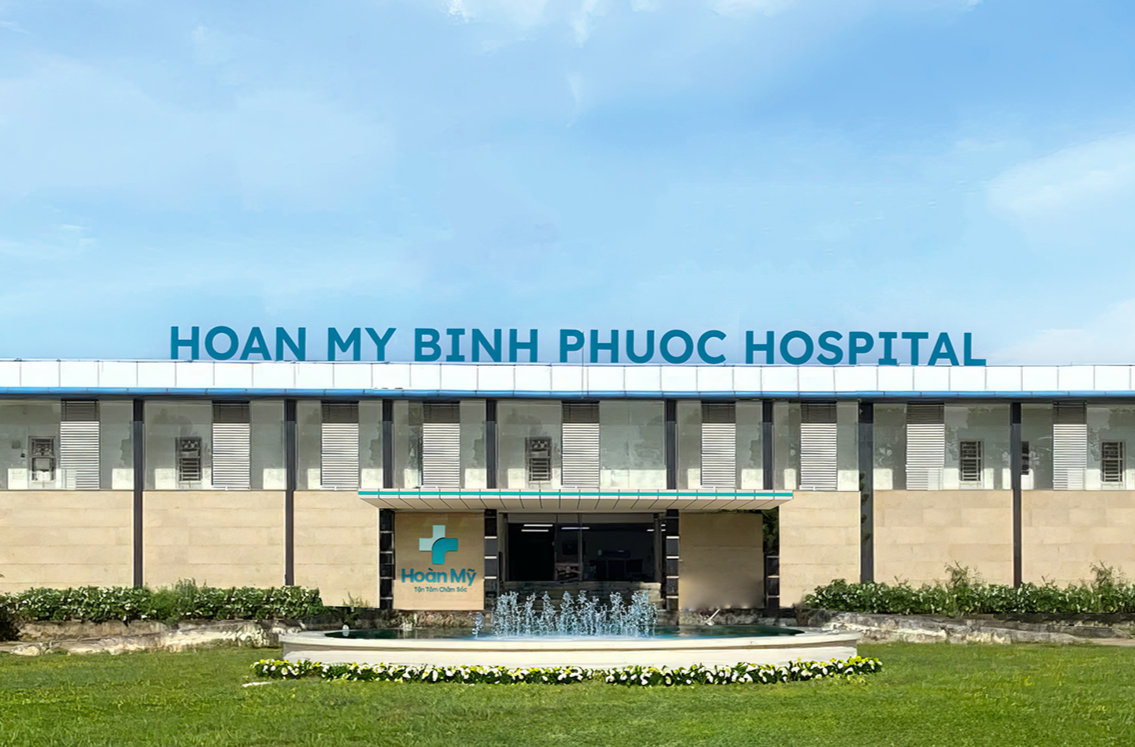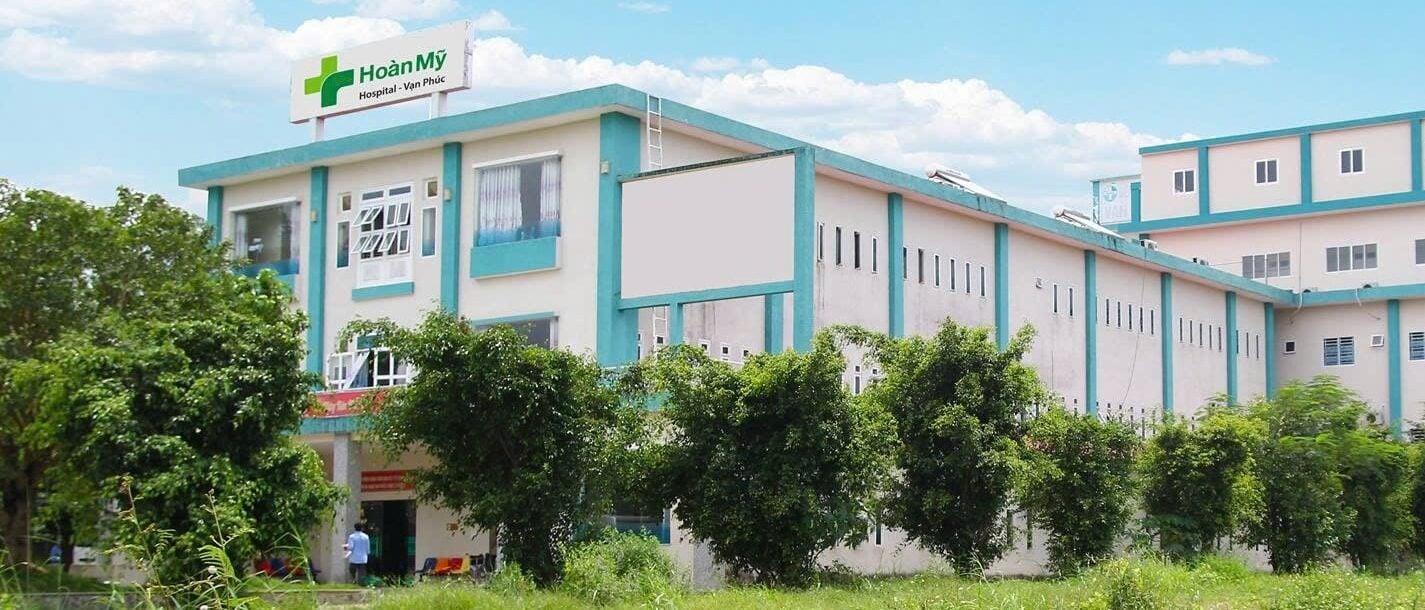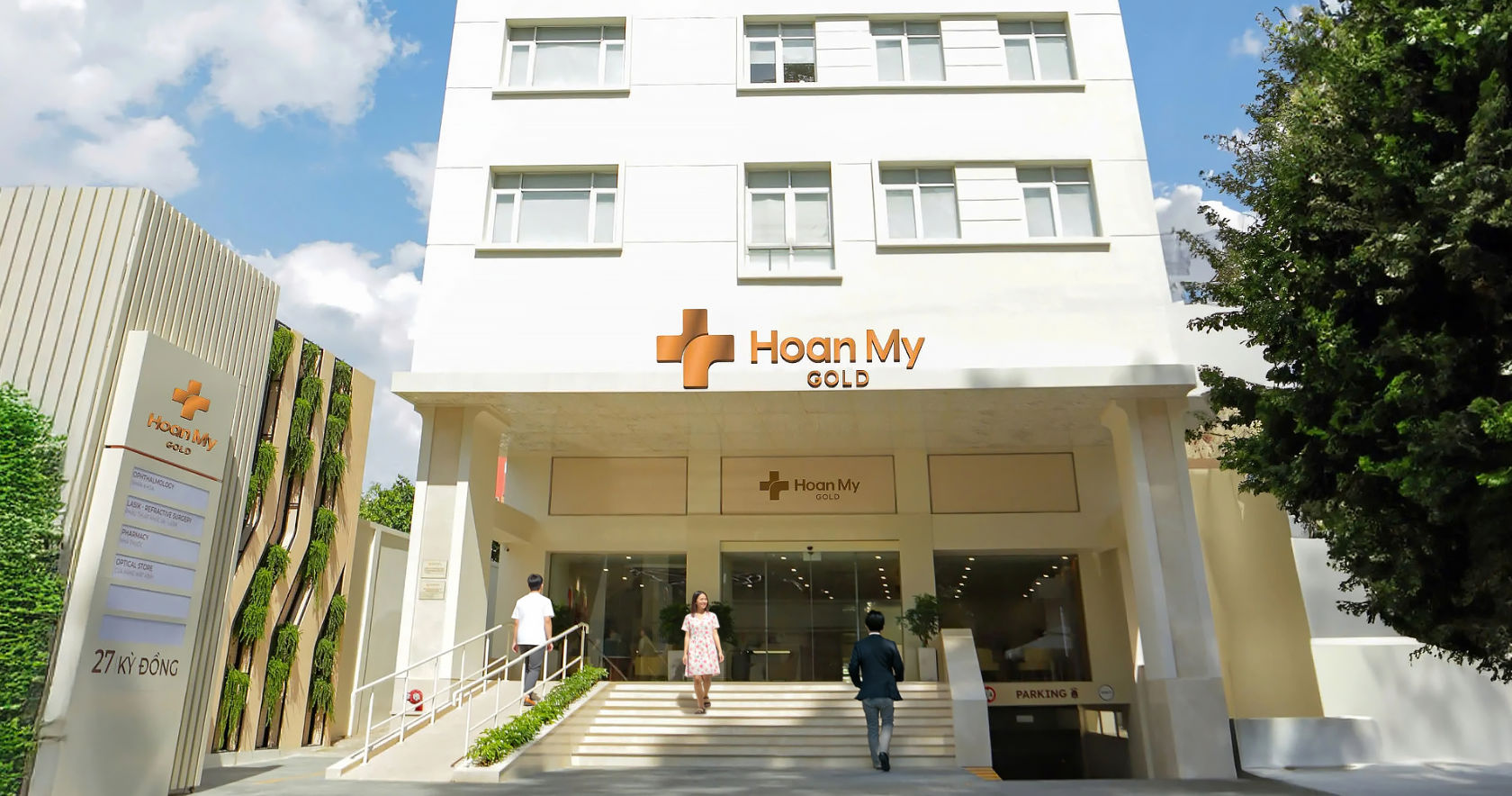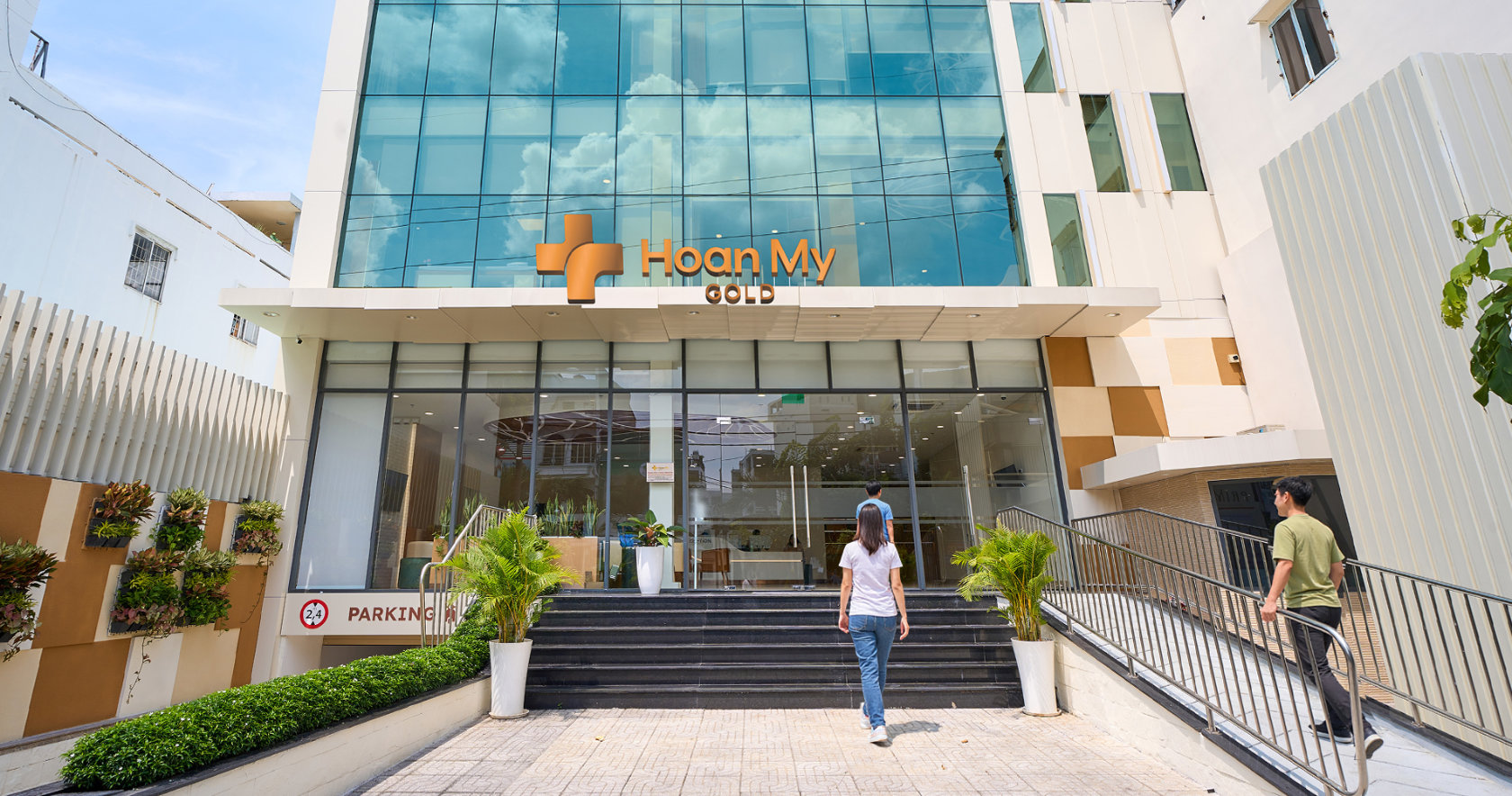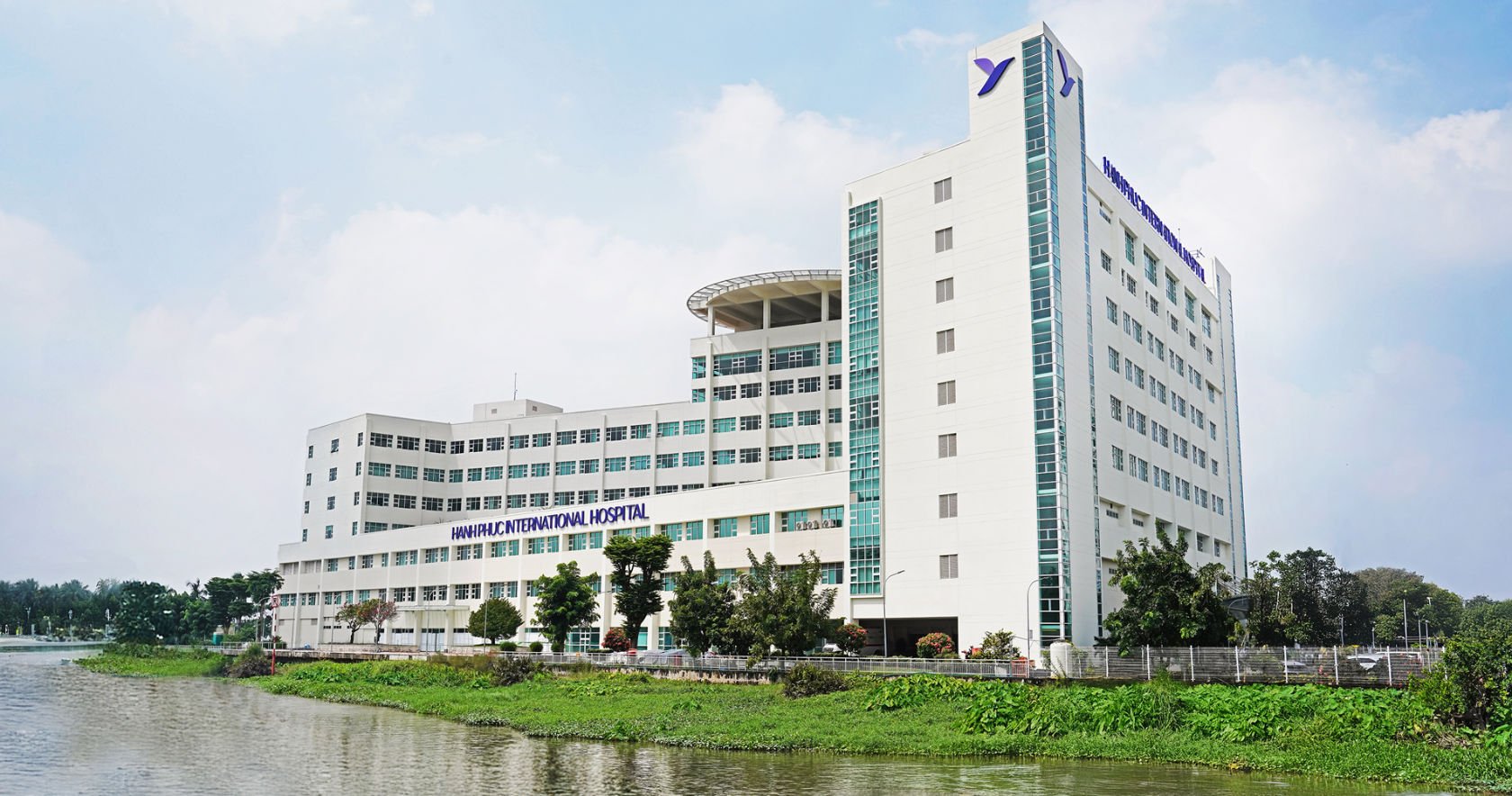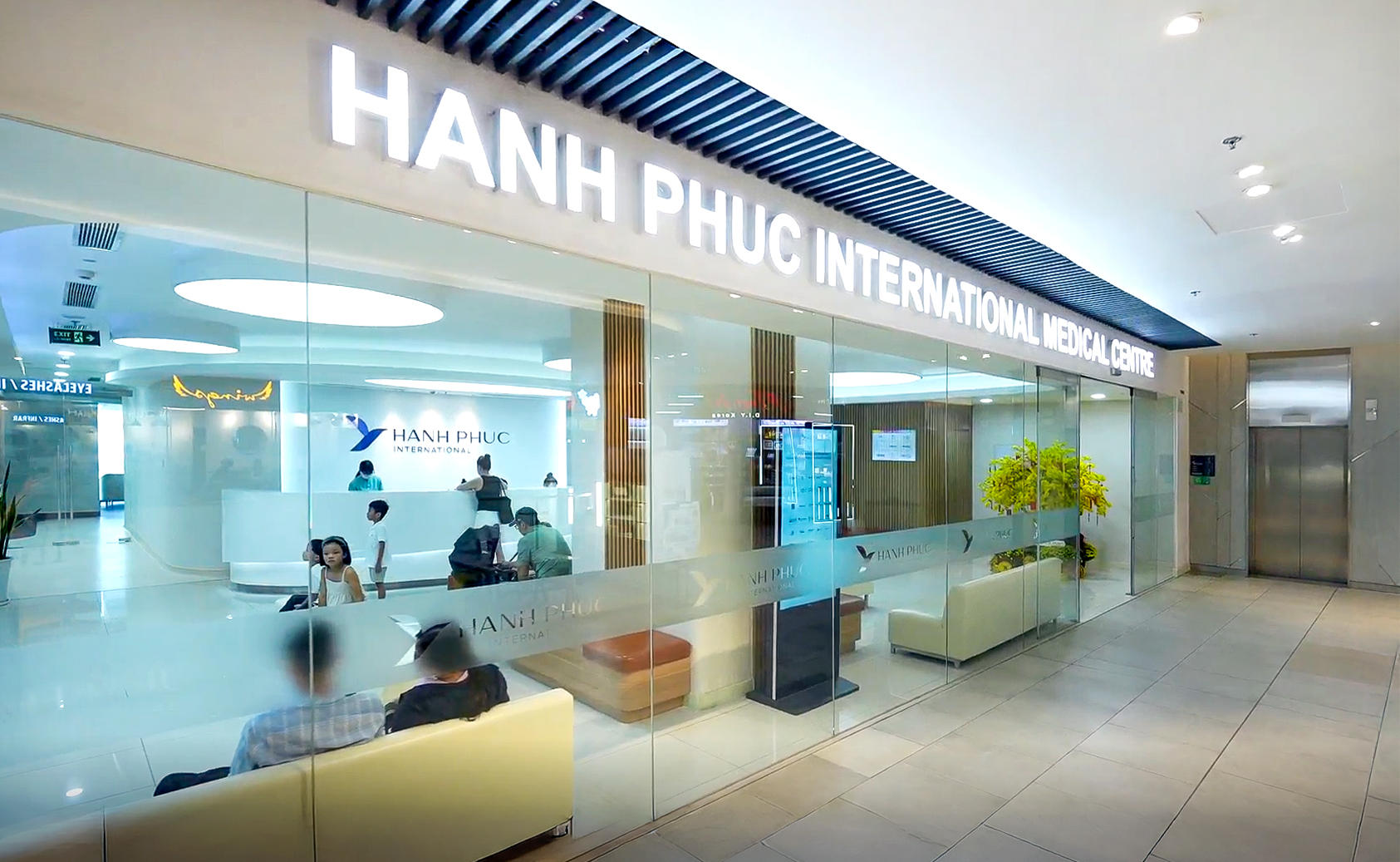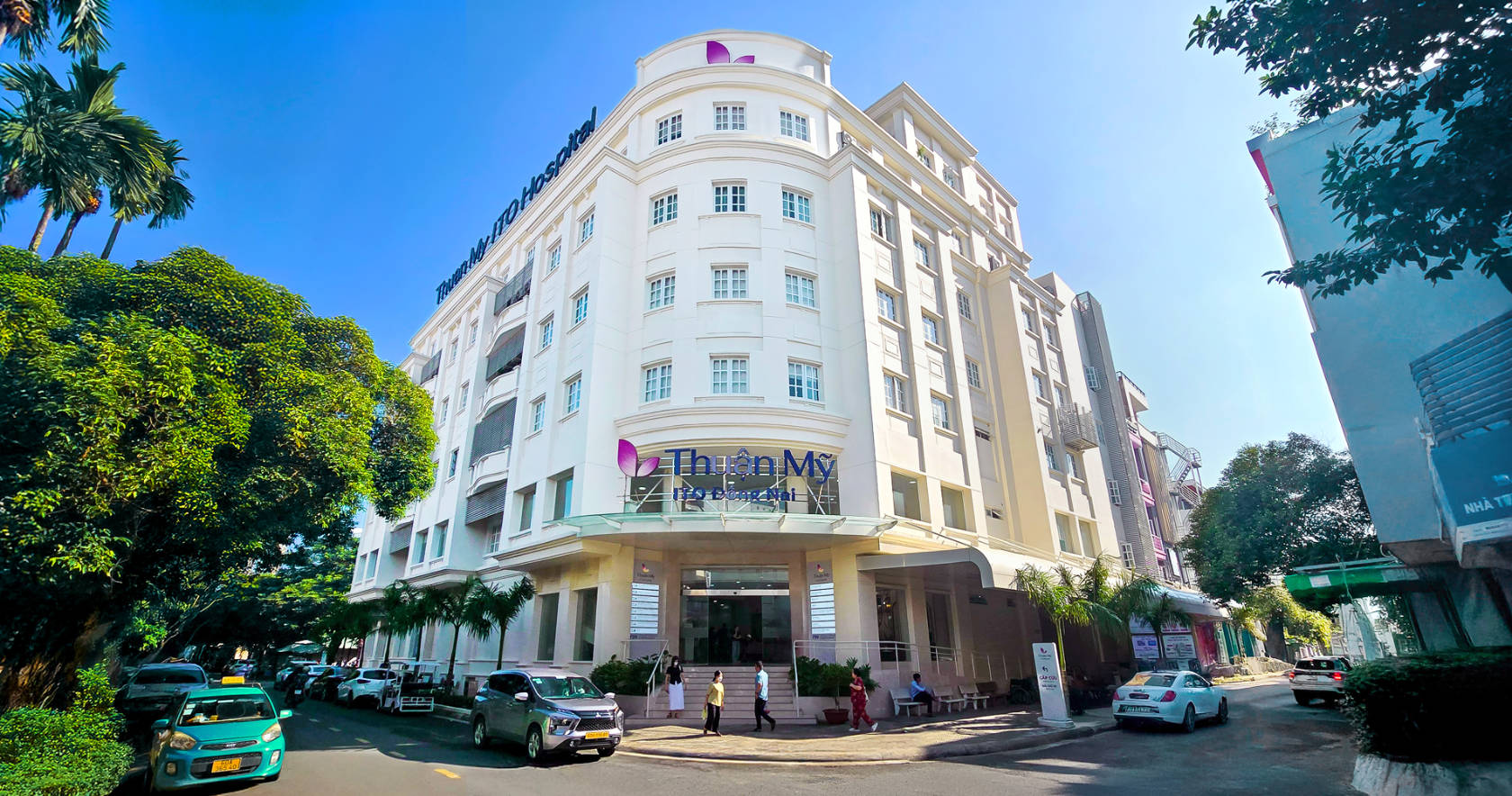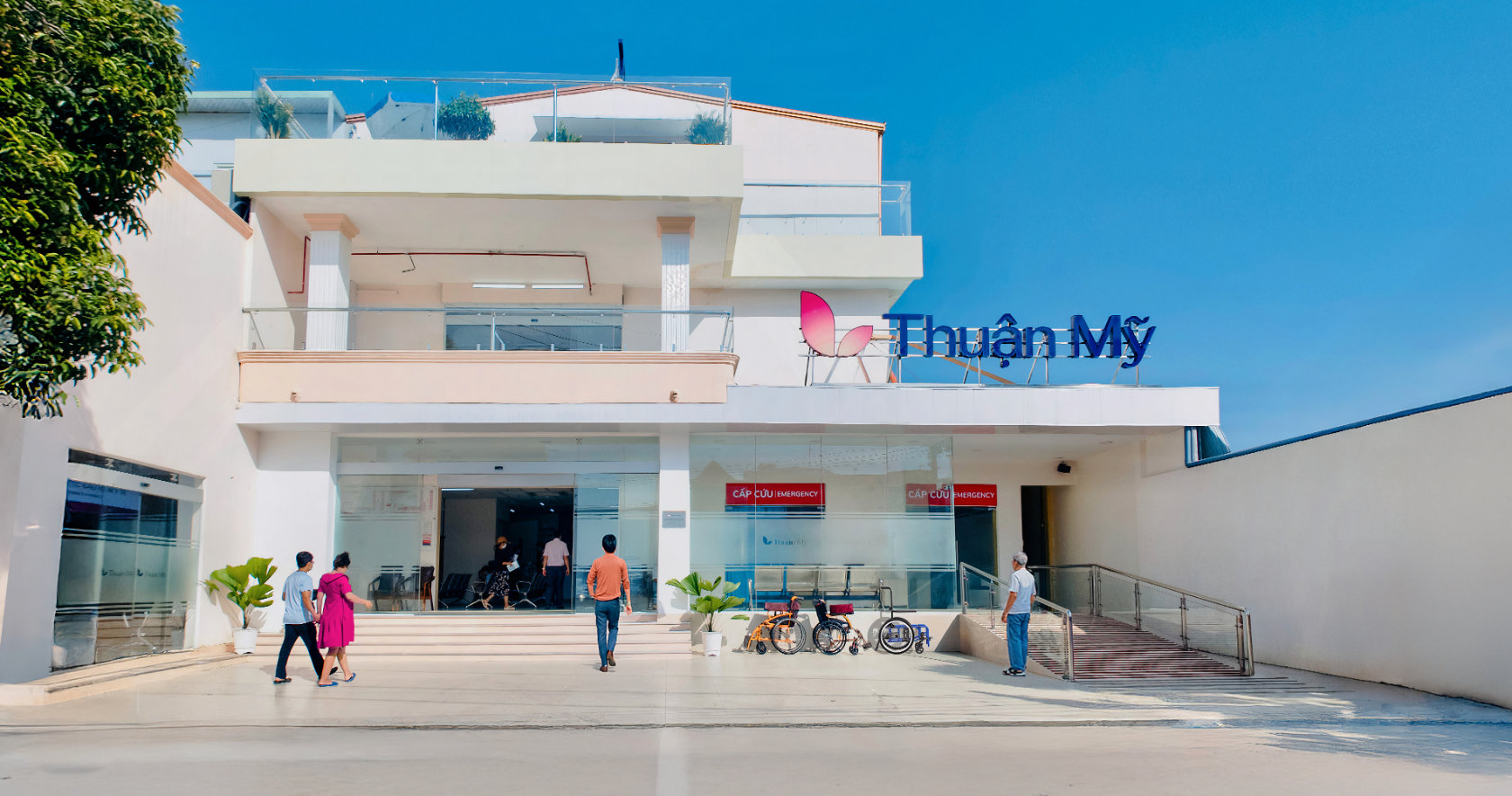Colonoscopy and What You Need to Know
Article Table of Contents
A colonoscopy is a procedure that allows the endoscopist to directly examine the inside of the colon through a small, flexible endoscope, approximately 1 cm in diameter, inserted through the anus. The images captured by the endoscope help doctors identify abnormalities inside the colon, enabling them to make a diagnosis and provide appropriate treatment.
Why Should You Have a Colonoscopy?
A colonoscopy helps diagnose gastrointestinal conditions and is one of the most accurate diagnostic methods available. Additionally, through colonoscopy, doctors can perform biopsies to diagnose cancer, stop bleeding in actively bleeding lesions, and remove polyps (small growths that could potentially turn into cancer). These tasks cannot be done with other methods.
When Is a Colonoscopy Necessary?
A colonoscopy is indicated in the following cases:
- When there are suspected signs of abnormalities in the lower gastrointestinal tract.
- Therapeutic colonoscopy: Procedures such as polyp removal or stopping gastrointestinal bleeding.
- Screening for cancer in the lower gastrointestinal tract to detect and treat it early.
Preparing for a Colonoscopy
Most medications can be taken before a colonoscopy. However, you should inform your doctor about any medications you are currently taking, such as aspirin, arthritis medications, blood thinners, insulin, or iron supplements.
The colon needs to be thoroughly cleaned for an accurate colonoscopy and to ensure a quick, less painful, and complication-free procedure. Typically, before the colonoscopy, you will need to take bowel-cleansing medication and will be given detailed instructions by the endoscopy department staff.
Additional tests, such as an electrocardiogram, chest X-ray, or blood clotting function tests, may be required depending on the specific case.
The Colonoscopy Procedure
Before the colonoscopy, the patient is given a mild dose of pain relief and sedation to minimize discomfort, ensuring a painless procedure.
During the colonoscopy: Initially, the patient lies on their left side while the endoscope is inserted through the anus into the colon for observation. Depending on the situation, the position may need to be adjusted, or light pressure applied to the abdomen to facilitate the procedure.
During the colonoscopy, any abnormalities will be documented, and if necessary, procedures such as biopsies, polyp removal, or bleeding control may be performed. The colonoscopy typically takes around 15 to 30 minutes.
Post-procedure monitoring: After the examination, the patient will be monitored for 15 minutes to 1 hour in a recovery room before being discharged.
Post-Colonoscopy Care
Due to the sedative effects of the medication used during the procedure, you should avoid driving or operating machinery for 24 hours after the colonoscopy.
Any bloating or gas will usually subside within an hour.
Approximately 30 minutes to 1 hour after the colonoscopy, you may drink milk and eat cool, soft porridge to replenish energy.
Watch for unusual signs such as fever, sore throat, chest pain, increasing abdominal pain, vomiting, coughing up blood, or passing black stools.
If a biopsy was performed, you should obtain the results and follow the doctor’s instructions for further monitoring.
To schedule a colonoscopy at Hoan My Gold PXL Medical Center, please contact:
Hoan My Gold PXL
Address: 245 Phan Xich Long, Ward 2, Phu Nhuan District, Ho Chi Minh City
Phone: (028) 3990 3995 | 0901 840 678
Website: https://hoanmy.com//hoanmy-gold/
Share











